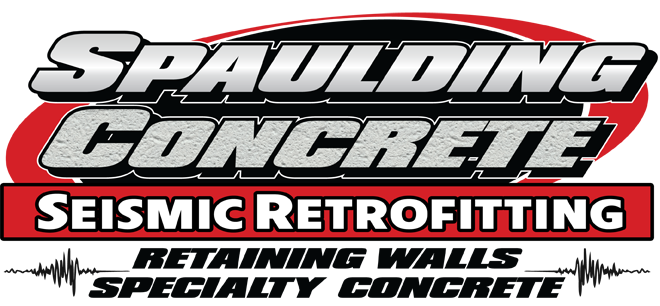Are There Any Disadvantages Of Concrete Walls?
Concrete walls are great for insulating your home, but they can also be expensive to install. Concrete is heavy and hard to work with, so installation costs will depend on the size of the wall. For smaller projects like a porch or fence that may not enclose your entire property line, concrete might not be worth it because of the high price tag. If you’re interested in using concrete as an interior partition or exterior wall for your home’s foundation, keep these potential disadvantages in mind before making a decision.
Are There Any Disadvantages Of Concrete Walls?
Despite the fact that concrete is one of the most commonly used construction materials, it has a number of drawbacks. Some of these drawbacks of concrete can be mitigated by adding admixtures or altering the structure and components of the concrete.
Concrete, on the other hand, has a number of disadvantages:
-
- Strict Quality Control Is Required
The concrete industry is a rigorous, high-quality control field. This becomes important to ensure that the finished product will be strong and durable enough for use in construction projects as well as other tasks where its properties are needed like pavements or roadsides.
-
- Concrete Is A Material That Is Almost Fragile, It Is Quasi-Brittle
There are three primary types of material failure: brittle, ductile, and quasi-brittle. The first two kinds primarily break down when stressed or on reaching their tensile strengths while concrete has a strain-softening tendency which makes them less likely to fail in this manner but it also means they can be stretched in both directions before breaking rather than snapping suddenly as glass does for example. Materials that fail in the same ways as concrete are called quasi-brittle.
-
- Concrete’s Tensile Strength Is Low
The tensile strength of a material is simply the force necessary to pull something to the point of breaking it. To put it another way, a material’s tensile strength is the greatest stress it can bear without breaking.
Because concrete is made up of small stones, it is prone to microscopic fractures. When compression is applied to concrete, these minute fissures do not create any problems, but when tensile forces are applied, those same microscopic flaws become elongated. This continues for as long as the concrete is subjected to tensile pressures before it finally breaks apart.
-
- Formwork Is Needed
Concrete that is still wet and pliable can be shaped into any form with the help of some formwork. With precast or prefabricated concrete, installation time becomes much quicker because they don’t require as many resources like labor for instance!
-
- Curing Takes A Long Time
After casting and curing, concrete reaches the necessary compressive strength in 28 days. A month of adequate ambient temperature management is required for full-strength growth. Another drawback of concrete is that it is prone to cracking. Steam curing, microwave curing, and the use of admixtures can all help to shorten the cure time.

-
- It Is Prone To Cracking
The reinforcing steel bars are protected by a cover on the tension face of the concrete. When tensile stress reaches its maximum capability, this type will fracture and corrode because it cannot handle more than that amount without being too weak to hold up anymore; but third-generation or prestressed concrete was created specifically for these types so they don’t have any limitations!
Concrete walls may be a great way to add some personality and style to your home, but there are some disadvantages that you should consider before deciding which type of wall is best for your property. If these downsides sound like they could affect how much enjoyment you get out of living in your new place, we recommend considering other types of materials such as brick or vinyl siding when planning renovations on any part of your property where exterior surfaces will need to be replaced in the future.
Are You Looking for a Company to Build a Foundation for Your New Home?
Spaulding Concrete has been the SF Bay Area’s top foundation builders for over 30 years. We’re here to fix your home’s foundation, no matter what problem may exist. We have the specialized equipment, services and professional experience that you need to make permanent improvements to your building’s foundation. To get you started on the right foot, we would be happy to give you a free quote for the repair of the foundation. When you reach out by phone or email we will have one of our foundation experts answer any questions you have and explain how we can restore integrity and structural stability to your home or company building permanently. Successful concrete projects require careful planning and thorough preparation. Spaulding Concrete reviews the site and designs to ensure that the concrete and base structure follows the criteria for the planned use and that the layout and finishes are suitable for the project. The qualified concrete experts at Spaulding Concrete will be on schedule, on budget and meet or exceed standards by careful planning, professional execution, and strict quality control.
To schedule your free quote, contact us today! We are proud to serve Orinda, Lafayette, Moraga, Pleasant Hill, Concord, Martinez, Pittsburg, Antioch, Brentwood and the surrounding areas.

